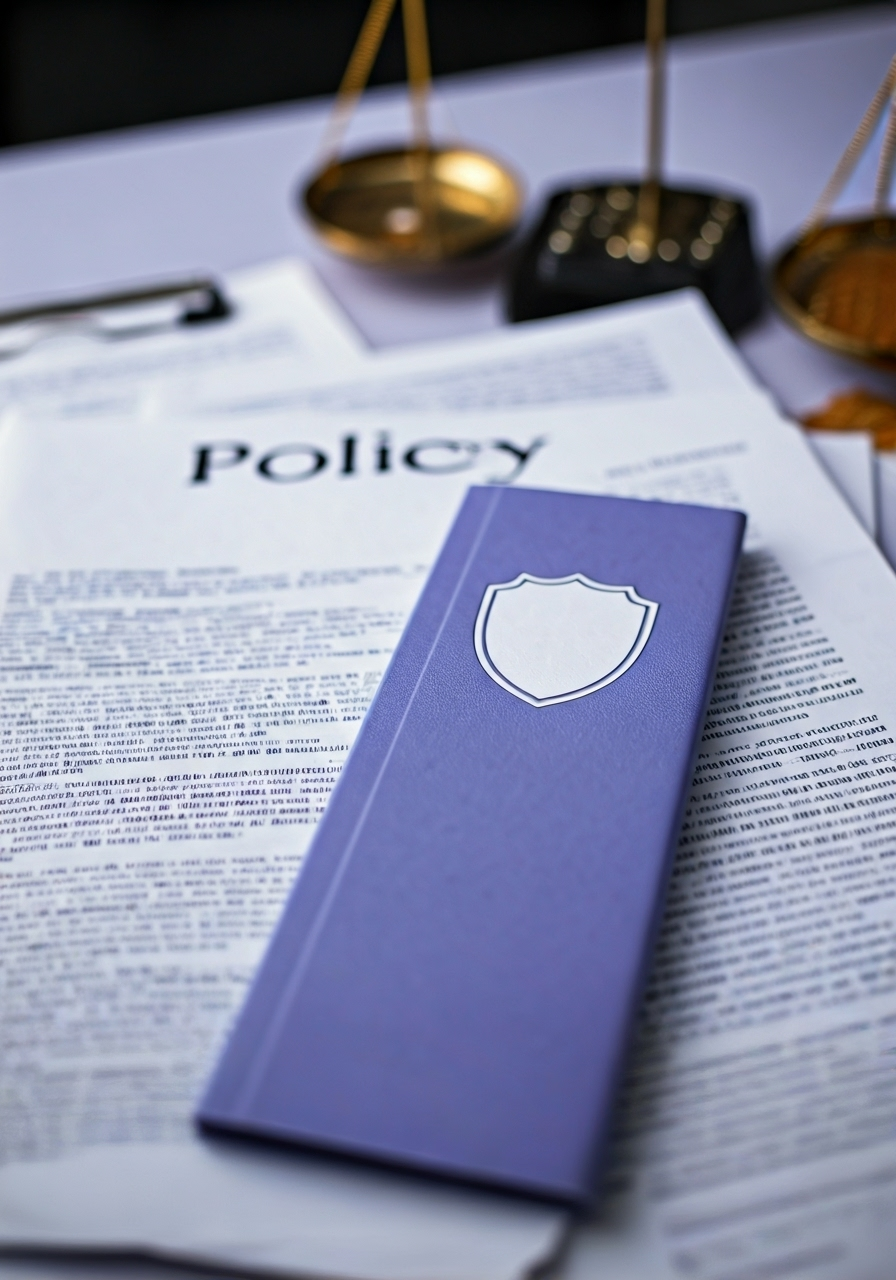How can advocates be protected from tobacco industry’s tactics?
We honor and protect tobacco control advocates by championing a comprehensive set of policies that shield them from intimidation, harassment, and disinformation campaigns orchestrated by the tobacco industry and its allies. In line with the World Health Organization Framework Convention on Tobacco Control (WHO FCTC) Guidelines for implementation of Article 5.3, we recommend enforcing bans on tobacco industry “charity” funding, mandating full transparency of tobacco companies’ ties, supporting and endorsing the participation of Civil Society Organizations (CSOs) not affiliated with the tobacco industry, mandating conflict of interest policies, and establishing a public registry of industry-linked entities—making it harder for tobacco industry actors to harass or threaten advocates.
We also support legal reforms to prevent frivolous lawsuits (SLAPPs), guarantee whistleblower protections, immediate investigation of harassment cases directed at advocates, and related protections.

Recommended Policy Safeguards
Ban Tobacco Industry “Charity” Funding
Enforce prohibitions on tobacco companies using charitable donations as a means to influence policy and public opinion.
Mandate Full Transparency
Require complete disclosure of tobacco companies’ ties and affiliations to identify front groups and allies.
Support Independent CSOs
Endorse the participation of Civil Society Organizations not affiliated with the tobacco industry in policy discussions.
Establish Conflict of Interest Policies
Mandate clear policies that prevent tobacco industry influence in public health decision-making.
Create Public Registry
Establish a public database of industry-linked entities to make it harder for tobacco industry actors to harass or threaten advocates.
Prevent SLAPP Lawsuits
Establish legal reforms to protect advocates from strategic lawsuits designed to silence criticism and drain resources.
Protect Whistleblowers
Guarantee protection for those who expose industry wrongdoing, with immediate investigation of harassment cases.
ANNEX: Definition of the Tobacco Industry
Tobacco manufacturers, wholesalers, importers, and exporters
Companies directly involved in the production and distribution of tobacco products
Parent, subsidiary, and affiliate companies of tobacco manufacturers
All related corporate entities connected to tobacco manufacturing companies
Organizations or individuals representing tobacco industry interests
- Law firms representing tobacco companies
- Public relations companies working for the tobacco industry
- Consultants and lobbyists advancing industry positions
Organizations receiving funding from the tobacco industry
- Front groups and third-party allies
- Research institutions accepting tobacco funding
- Foundations established by tobacco companies
Entities that work to further tobacco industry interests
- Industry-established "corporate social responsibility" initiatives
- Organizations promoting "reduced-harm" products while opposing evidence-based measures aligned with the WHO FCTC
- Entities that consistently advance tobacco industry policy positions
References
- WHO FCTC Article 5.3 Guidelines
- Framework of Engagement with Non-State Actors (FENSA), Handbook for Implementation
- Global Center for Good Governance in Tobacco Control (GGTC) Conflict of Interest Policy (COI)
*Guidance Note on List of Tobacco Industry and Those Furthering Its Interest
As part of the 5.3 Knowledge Hub’s effort to monitor tobacco industry submissions under the Eighth Session of the Conference of the Parties (COP8) to the World Health Organization Framework Convention for Tobacco Control (WHO FCTC) mandate, a list of tobacco industry and those furthering its interest classified per country/region has been compiled by GGTC. When conducting Conflict of Interest (COI) / preventive screening, the best starting point is to search for a person’s relationship with those actors or entities that appear on the list.
However, it is important to note that the list may not capture all tobacco industry-linked entities, such as new front groups or allies. To strengthen the screening process, reviewers should also check supplementary resources such as the Global Tobacco Index, Tobacco Tactics, STOP website, and other sites that may provide more in-depth and updated information. A combination of a general search along with searching within the aforementioned sources will help facilitate and improve the robustness of COI screening.
NOTE: This represents minimum standards only. Organizations should adapt and strengthen these materials to address their specific context and evolving industry tactics, provided all modifications enhance protection against tobacco industry interference.
CourageAgainstTobacco.org Resources
This forms part of a suite of tools designed to support advocates in holding tobacco companies and their front groups accountable: